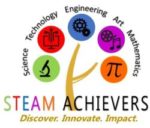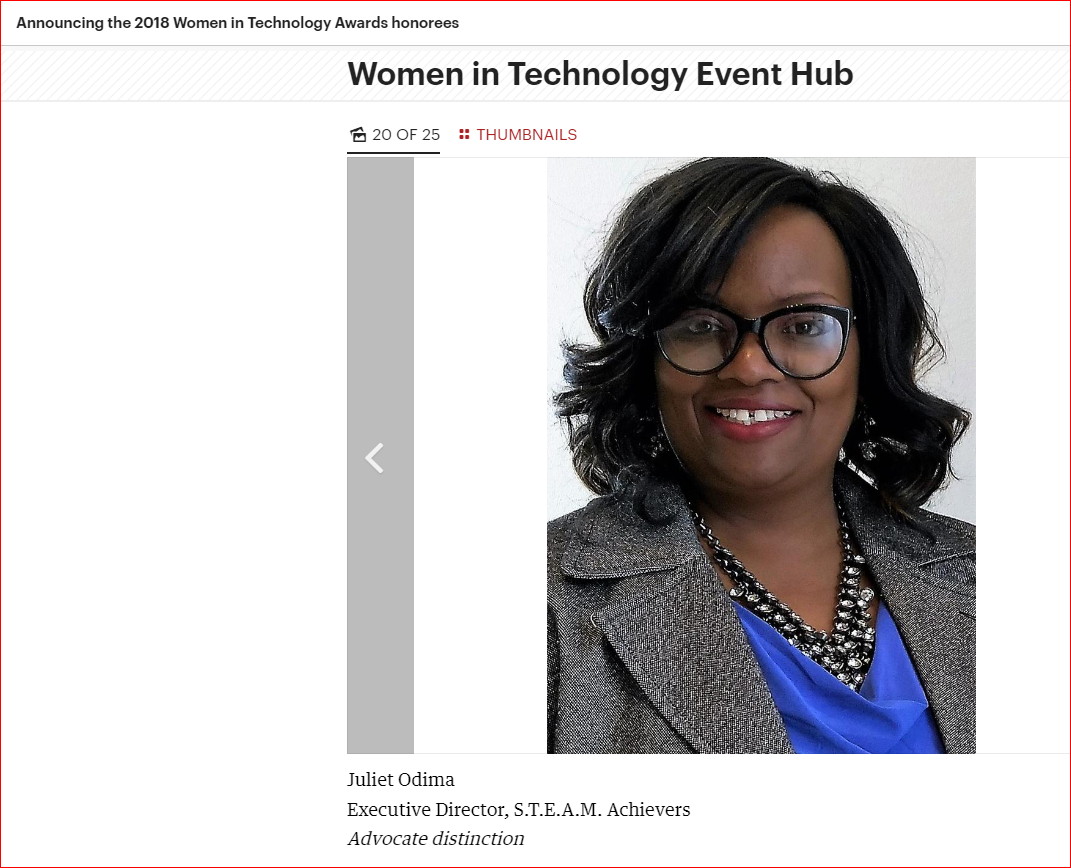These 26 honorees hail from large public entities, like Kimberly-Clark Corporation and FedEx, to smart upstarts that meet a need, like ShearShare, Inc., spanning across an array of industries vital to North Texas. The challenges presented in these vastly different companies are met equally by diverse leadership styles and unique approaches to problem-solving.
Students learned to create video games for a good cause during the 2017 STEAM (Science, Technology, Engineering, Art and Math) Achievers Bi-Annual Purpose Hackathon presented Saturday, Oct. 14 at the University of Texas at Dallas in Richardson.
More than 120 third through twelfth graders from Irving ISD, Uplift Education Charter schools, and other area schools came together to learn to design, code, and create video games specifically for children with autism. Dr. Kevin Callahan from the UNT Kristen Farmer Autism Center spoke with the students, educating them about autism and how it affects children. Afterward, the kids divided into groups and used one of three programming languages to create a game to help educate and rehabilitate children with autism.
The games covered a wide array of topics autistic children sometimes struggle with, from identifying colors, to creating empathy, to teaching math and history. Nahin Hayat, Carson Miller, and Ryan Jo, a team of juniors from MacArthur High School, created a game called ‘Red Must Go,’ which asks the player to mark all the red circles on a field of red, blue and green circles. Hayat explained the game was designed to help kids with autism improve their color and shape recognition. He already has plans for an expansion.
“We know it’s very difficult for [people with autism] to recognize facial expressions,” Hayat said. “So later on in different updates, we could actually change the circles to different facial expressions. We could say, ‘Mark all the faces that have smiley faces.’”
Miller added the task seemed daunting at first, but by the end, the team was proud of what they created.
“At first we were a little skeptical,” Miller said. “We thought it would be very difficult. But as we went along, as the mentors were helping us, we realized it’s actually pretty fun. It feels good to create a product that can actually help other people.”
Cynthia Lopez, a sophomore at MacArthur High School, created an app with her team that would help children with autism and their loved ones identify their emotions. For Lopez, the project took on a more personal meaning, because her young cousin has autism.
“[My cousin is] eight years old, and he just loves playing games,” Lopez said. “That’s really the only thing he’s interested in. Why not make a game where they learn at the same time they’re being entertained?”
Lopez enjoyed working on the game not just for her cousin’s benefit, but for herself as well.
“It’s really exciting because normally, it’s not something I would see myself doing because of my age,” Lopez said. “But then again, knowing I’m young and I can have an impact on someone young like me, that’s really gratifying.
The first Purpose Hackathon was held earlier this year, and participation in the event has nearly doubled since then. Juliet Odima, executive program manager for S.T.E.A.M. Achievers, explained the program uses video games because they are something every child can identify with and enjoy.
“It’s one thing to tell a third-grader, ‘Oh it’s so much fun giving back and helping other people,’’ Odima said. “But it’s another thing to find something they’re really passionate about. Looking across the board, I don’t know of a kid who doesn’t enjoy video games.”
Odima said the event is not only teaching kids how to program and code, but is also connecting them to real-world S.T.E.A.M. professionals and possibly laying the groundwork for a future career.
“The beautiful thing about this event is we’re surrounding the kids with mentors from science, technology, engineering, art and math throughout the development process,” Odima said. “[The kids] get to hear their stories. I was walking around watching the mentors and I heard them telling their story of how they made it into Microsoft and UT Southwestern. We want to put the dots so close together that they can start to visualize and hopefully plan for a career in STEAM.”
One lesson the kids were taught during the Purpose Hacakthon was they can make a real difference in their community.
“[We’re] using what they already know, adding some more knowledge, and empowering them, pulling at their heartstrings and helping them understand not everyone is like you and I,” [Odima] said. “There are children who struggle with learning, there are children who are not able to do some of the things we’re able to do. We’re helping them understand the need and seeing how they can be a part of the solution. They might not be able to find a cure for autism right now, but they can help a kid have a happy time and learn something from a game they designed.”






